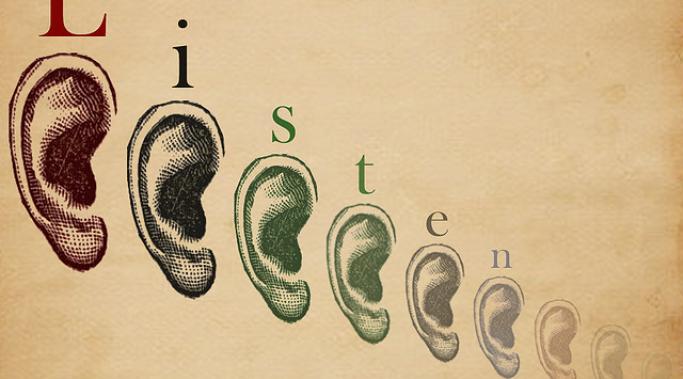Blogs
Amanda_HP
While there are many good, educated doctors and mental health professionals practicing today, there are also many who haven't read a journal in their field or gone to a professional conference in years. Then you have others who have only a cursory knowledge of adult ADHD (or name your psychological disorder), but pretend like they are experts. In truth, some doctors and mental health professionals know just enough to be dangerous.
Dissociative Identity Disorder can leave you feeling like much of your life is out of your hands, subject to the varying agendas of your alters. Last week, in the comments to my post Love and DID: Sometimes More is Less, reader Dana offered an insightful perspective on the potential payoffs of greater system awareness and communication:
What does anxiety management mean to you?
Make time for the things that don't have a space in your life, yet.
How often are you able to feel calm, well-rested, comfortable?
What can you change to make those things a part of your everyday existence?
There's no cure for crazy. Sometimes I forget.
My husband pointed it out to me once. "When he does well, you get your hopes up," he said. "And I think you let yourself have expectations that aren't realistic. It's almost like you still think someday he'll be cured."
He was right, of course, but that did nothing to soften the blow.
The decision to disclose your dissociative identity disorder (DID) is a deeply personal one. Many, perhaps most, people with DID live in near silence about their disorder. They may tell only their family or no one at all. Some choose to share their dissociative identity disorder diagnosis not just with family but also friends. I belong to a smaller group of people who publicly say, "I have DID." What's comfortable for you may be unhealthy for someone else, and vice versa. With that in mind, what I offer you today isn't advice on whether or not to reveal your DID diagnosis, but a short list of DOs and DON'Ts - things to keep in mind when considering disclosure.
You say, "Don't worry, be happy." Oh! So that's totally how this anxiety thing works: I just won't worry. Why didn't I think of that before?! Next time my throat closes up and I can't leave the house, it won't be a problem... In my spare time I'll skydive, shoe shop and rave.
Oh wait, I'm not Lindsay Lohan. And I'm afraid of heights, crowds and loud noises. Now I remember why I hate platitudes. They don't work.
Recently I was contacted by someone (let’s call her Ms. X) who wanted to end a friendship with a bipolar person and asked me how to do it with the least harm possible. I talked with Ms. X and it appears that her bipolar friend had been doing some very hurtful things. I asked Ms. X if she had talked to her friend about these things. Ms. X said that no, she hadn’t.
So why is terminating a friendship preferable to talking about the problem?
Living with Dissociative Identity Disorder is, among other things, lonely. I often feel like I'm watching my life as it's lived by braver or more competent others. A situation presents itself and, without conscious choice, the deck that is my system of alters begins to shuffle. Some force outside my control determines, almost instantaneously, the card best suited for the circumstances; and the card plays until the shuffling begins again. On one hand, this identity alteration is precisely what has allowed me to find employment, make friends, and parent a child. On the other, it's what separates me from the world and makes intimacy an illusion that only rarely becomes my reality.
“Mom always liked you best!”
Tommy Smothers made the lament famous; every sibling has likely heard it. But for those with mentally ill siblings—could there be some truth to it?
When looking for a partner we often bring a list of requirements or “wants” such as: must be faithful, must have stable employment, or must love dogs. Once you’ve found someone who catches your attention and meets your list of requirements, you begin the first wonderful lovey-dovey stage in a romantic relationship where you can’t get enough of each other and where your partner can do no wrong. It’s only when the love dust settles that you begin to see clearly and notice some of the more undesirable characteristics in him.









